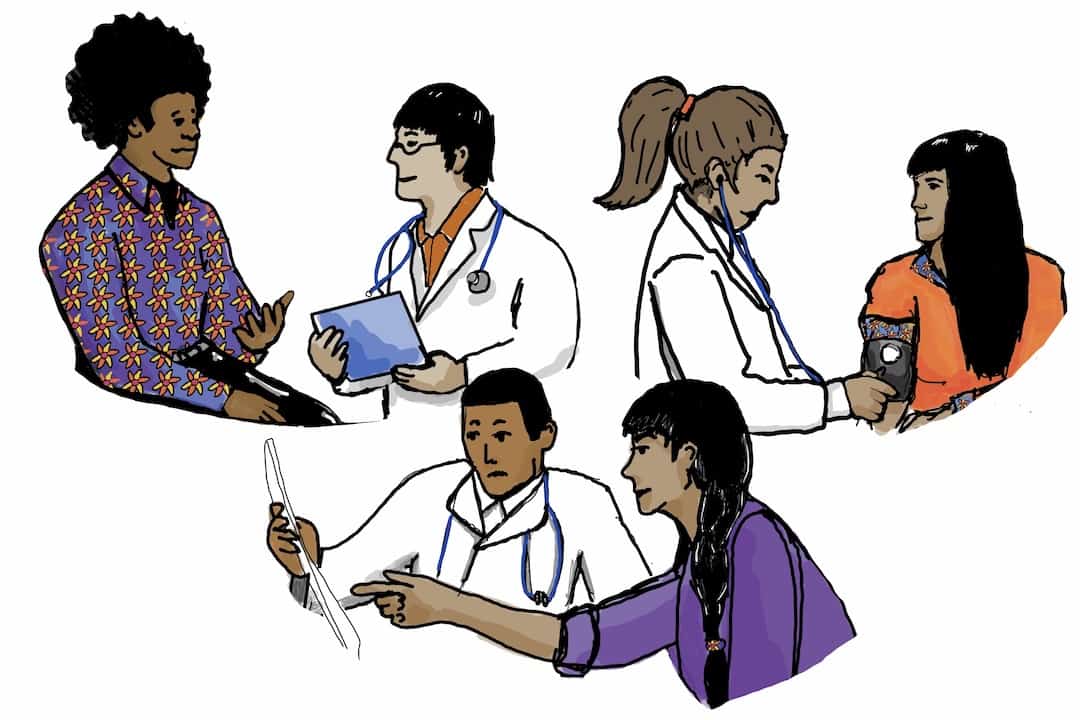The new graduate program at the Dalla Lana School of Public Health, a Master of Public Health in Black Health, targets the lack of research on Black health and the difficulties that members of the Black community experience in accessing health care.
The political systems that are currently in place were created during a period in which racial discrimination toward Black people was most prevalent. These systems and structures continue to perpetuate racist constructs and contribute to health inequity today.
For example, historically, there has been a lack of Black individuals working in the health care system. It was not until the mid-19th century that a Canadian doctor who was a part of the Black community was granted a Canadian medical license, and it was not until the mid-twentieth century that Canadian nursing programs admitted Black students.
There is also a lack of knowledge on health and wellness in the Black community that originates from the small number of medical research studies that incorporate Black participants, as well as insufficient research on how certain diseases affect the Black community. The scarce medical research on the Black community is reflected in the quality of medical treatment its members receive. This lack of representation exacerbates medical issues in the Black community because health care practitioners do not fully understand the complexity of Black health concerns.
Ultimately, this inequity prevents members of the Black community from receiving essential medical treatment.
The Master of Public Health graduate program will allow students to understand the influence of discrimination on various aspects of health and how the current health care system fails to address these medical issues.
Graduates of this program will better understand the causes of public health issues in Black communities and the barriers that prevent them from being solved. The skills that graduates gain from this program will allow them to address various aspects of Black health care, ultimately enabling workers in the field to better meet the medical needs of the Black community.
The program seeks to not only inform individuals who will later work in the health care system about the health disparities present in the Black community, but to also consider what steps need to be taken to change this broken system.
The program will also look at how social determinants influence the health care system and negatively affect the Black community’s access to health care. In addition to race, various factors, such as income and education, can affect an individual’s access to necessary resources such as health care. In Toronto, many areas of the city are strongly segregated by socioeconomic status, which may lead to unequal funding for social services such as hospitals and health clinics.
However, while the Master of Public Health in Black Health program will help to combat some of the racism present in the health care system, it is only the first step toward eliminating discrimination in Canadian health care. The health care system needs more post-secondary institutions with programs that confront and educate the larger population on how Canada’s history of discrimination is still very much present and can affect important aspects of society such as health care.
Ultimately, we need to acknowledge the Black community’s social and cultural history in order to understand the upstream factors contributing to their health outcomes.
Sherissa Mohammed-Ali is a fourth-year student at St. Michael’s College pursuing a Health and Disease Specialist and Immunology minor.


